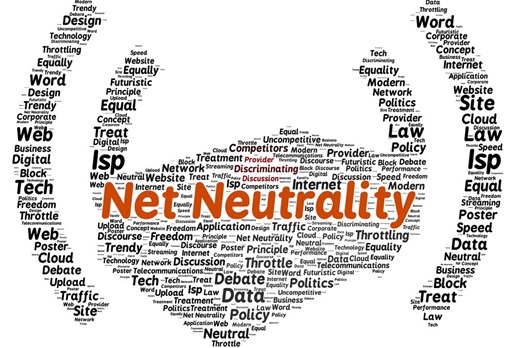Net Neutrality In India: DoT Opposes Zero Rating Plans But Suggests Regulation of Local Voice Call Service By OTTs

The 6 member standing committee, which was formed by the Government to look into the raging Net Neutrality issue may finally announce their consensus soon. As per reports, they have received recommendations from Department of Telecom, and they are in the final stages now.
As per the signals received, there is lots of good news but few bad news as well.
The Positives
One of the biggest positive developments to have come out from this standing committee is that, DoT has finally realized that Zero Rating plans initiated by Airtel, and Internet.org project by Facebook, are against the principles of net neutrality.
This is a complete u-turn from DoT’s earlier view that zero rating plans doesn’t violate net neutrality, as we reported in May this year.
As per a report by Economic Times, the committee has proposed to the Govt. that any “traffic management practices” initiated by cellular companies can break net neutrality, and can negatively impact the content provider.
The report said, “Content and application providers cannot be permitted to act as gatekeepers and use network operations to extract value, even if it is for an ostensible public purpose. Collaborations between TSPs (telecom service providers) and content providers that enable such gate keeping role to be played by any entity should be actively discouraged.”
Not only that, but the committee also proposes fine for introducing any such plans, which violate net neutrality principles, as the report said, “Imposition of penalties or financial disincentives could be considered if the principles of net neutrality are violated.”
If these recommendations are accepted, then Airtel’s Zero Rating and Facebook’s Internet.org in collaboration with Reliance can see the end of day in India. Flipkart and some other ecommerce portals and publications, including Times Group have already opted out of Zero rating plan.
The committee also believes that some services provided by OTT players such as chat and international calls do not need any regulation like telecom companies. However, there is a bone of contention for one service: domestic calls.
The Negative
The committee, it seems, agrees with the suggestions of Cellular Operators Association of India (COAI) that local voice based services by OTTs need regulation, so that they are in par with those telecom companies which are operating in India.
As per another report by Economic Times: “The committee favors regulatory oversight on the communication service providers. The committee believes that for (other) OTT application services (including those offering messaging and international voice calls), there is no case for prescribing regulatory oversight similar to communication services.”
Hence, instant chat and International calls using OTTs have been almost granted permission, but local calls may not be allowed, without some sort of regulation (which may include profit sharing with telcos and/or higher data charges)
In case Govt. approves this regulation of local voice call service provided by OTTs such as WhatsApp and Viber, then it will clearly violate net neutrality principles.
There is also a proposal to replace the ancient Telegraph Act which was introduced in 1885 with a newer communication act, which ensembles modern telecommunication paradigms, and incorporate Net Neutrality.
It is expected that the Govt. will announce their verdict very soon. We will keep you updated as more information comes in.

[…] DoT Opposes Zero Rating Plans (but calls for regularization of OTT Players) […]